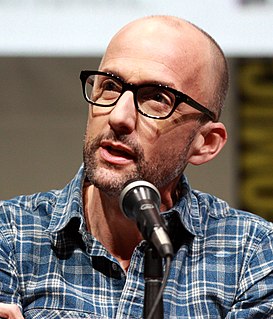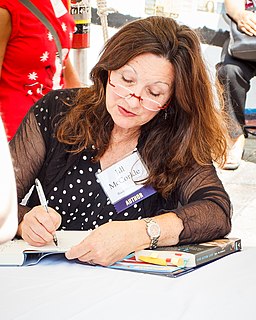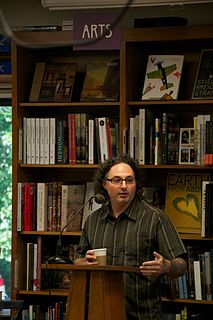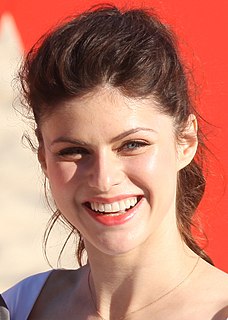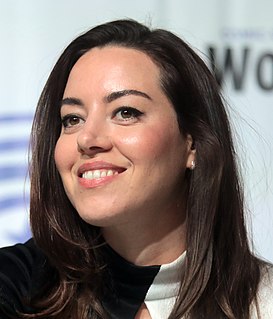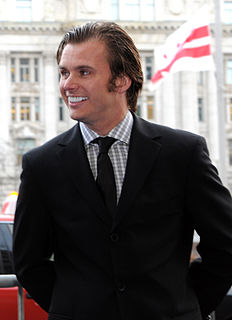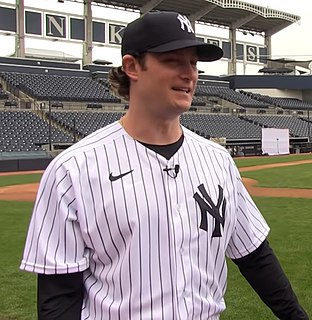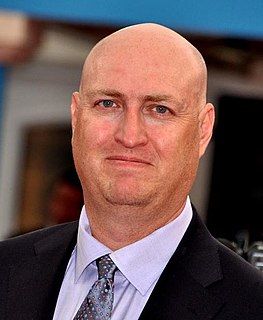A Quote by Jim Rash
I feel like my experience on 'Community' was that I saw just how important that first year is for a series. That is where you work all the pieces out, and that means honing the characters' voices, setting that tone, finding your angle.
Related Quotes
So the big question is, "Well, do I just dump all those unwanted things and try to start fresh?" And we say, no. You just set the Tone, where you are, by looking for things to appreciate. And by setting your Tone in a very clear deliberate way, anything that doesn't match it gravitates out of your experience, and anything that does match it gravitates into your experience. It is so much simpler than most of you are allowing yourself to believe.
I feel very protective in the first draft, when all the pieces are coming together. I work in a way that is not linear or chronological at all, even with the short story. I will just be writing bits and pieces, and then when I have all the pieces on the table, that for me is when it feels like the real work begins.
When you're directing an ongoing series, the tone has already been set. So a director will come in and fulfill that tone - reinforce the characters and their behavior. The challenge is to find unique ways that you can visually tell the story while keeping the established tone and the pace and the characters.
I don't know quite how a story develops in my head. It is a bit chaotic. If I am working on a series, one of the main characters at least is already in existence as well as some setting and minor characters. Finding the other main character can be a challenge. Sometimes this character already exists in a minor role in another book.
Very thorough in the rehearsal process but more in terms of just understanding the characters, understanding where the actors are at with discovering those characters for themselves, and just setting an overall emotional tone for the piece as opposed to necessarily getting things up on their feet or staging scenes.
I think it's interesting playing characters who are flawed and make mistakes because we all have - no one's just one thing - no one is just bad or just good - so I like finding flawed characters and playing with their redeeming qualities, whether you play it outwardly or not. I think that one of the reasons I'm an actor is that I love people and I love finding out who they are and why they do the things they do, so it is fun to play those kinds of characters.
